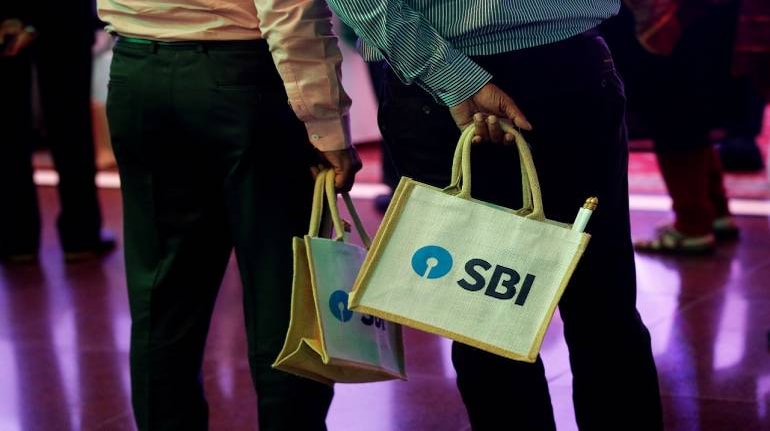



State Bank of India (SBI), country's largest lender, on March 12 submitted the electoral bond data to the Election Commission of India (ECI) as ordered by Supreme Court on March 11 . The SC has asked the ECI to upload all the data on its website by March 15,2024 for the public. The ECI confirmed that it has received the data from SBI on electoral bonds.
On March 11, the Supreme Court dismissed the request of SBI seeking extension till June 30, 2024 to disclose details of electoral bonds encashed by political parties, including the date of encashment and the denomination of the electoral bond. SBI has been directed to disclose details by the close of business hours of March 12.
The apex court had directed the bank to disclose details of the bonds encashed by political parties to the Election Commission by the close of the business hours on March 12, warning the country's largest public sector lender that the court may proceed against it for "wilful disobedience" if it failed to comply with its directions and deadlines.
What did the Court say?A five-judge bench of the court, led by Chief Justice of India DY Chandrachud, on March 11 said it had asked the SBI to do a “plain disclosure” as per the court's judgment. The top court also directed the Election Commission to publish information shared by SBI by 5 PM on March 15. Furthermore, the chairman and managing director of the bank has been asked to file an affidavit after the details are submitted and warned him of contempt action if the order is not complied with.
During the course of the hearing, SC noted that SBI's plea doesn't disclose what has been done in the 26 days since its February 11 order. Further the SC expressed its displeasure over a Assistant General Manager (AGM) filing an application to vary an order of the constitution bench.
While the apex court directed SBI to disclose details of electoral bonds by March 6, the bank, in its plea filed on March 4, contended that there are certain practical difficulties with the decoding exercise and the timeline fixed for it. The plea further stated that due to the stringent measures the bank had adopted to keep the names of the donors anonymous, “decoding” the electoral bonds and the matching of the donor to the donations made would be a 'complex process'.
SBI pleaSBI has, in its plea, told the apex court that details of purchases of electoral bonds at the branches are not maintained centrally at any one place but in two different silos. "No central database was maintained. This was done so as to ensure that donors’ anonymity would be protected," the bank said in its plea.
The bank told Supreme Court that, "retrieval of information from each silo and the procedure of matching the information of one silo to that of the other would be a time consuming exercise". Furthermore, the bank stated that donor details are kept in sealed covers, which are deposited in the main branch in Mumbai.
Meanwhile, the petitioner in the electoral bonds case - Association for Democratic Reforms (ADR) and the Communist Party of India (Marxist) (CPI (M) filed contempt petitions against SBI for not complying with the court’s order.
In February 2024, the Supreme Court in a landmark judgment delivered a big blow to the government and annulled the electoral bonds scheme for political funding, saying it violates the constitutional right to freedom of speech and expression, as well as the right to information. The Supreme Court judgement had directed SBI to submit details of the bond to the Election Commission (EC) by March 6. The EC was to publish the list of beneficiaries by March 13.
Shares of SBI closed at Rs 759.40 apiece, down 1.82% on the BSE on Tuesday.
Discover the latest Business News, Sensex, and Nifty updates. Obtain Personal Finance insights, tax queries, and expert opinions on Moneycontrol or download the Moneycontrol App to stay updated!
Find the best of Al News in one place, specially curated for you every weekend.
Stay on top of the latest tech trends and biggest startup news.